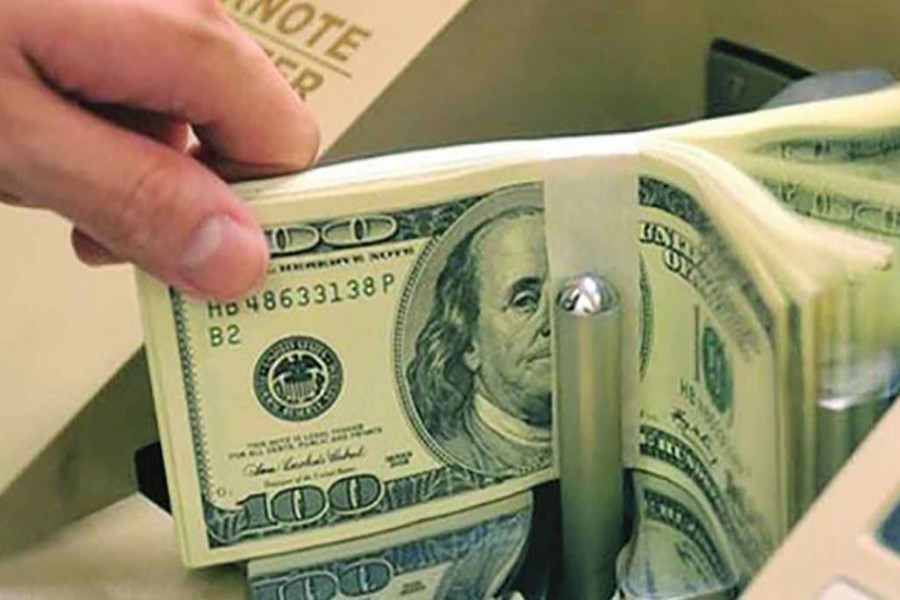The inflow of remittances crossed US$4.0 billion in the first two months of the current fiscal year (FY), 2022-23, following higher manpower export particularly to the Middle East counties.
"We expect that the existing trend in inward remittance will continue in the coming months as the central bank is monitoring strongly to curb informal transactions," Kazi Sayedur Rahman, deputy governor of the Bangladesh Bank (BB), told the FE on Thursday.
The deputy governor also said the central bank as as the government is now working to boost the inflow of remittances further through providing more facilities to the remitters.
Senior bankers, however, said collecting the foreign exchanges with offering higher rates by the scheduled banks from the overseas exchange houses has also helped enhance the flow of inward remittances.
The flow of inward remittances rose by more than 12 per cent to $4.13 billion during the July-August period of FY '23 from $3.68 billion in the same period of the previous fiscal.
The money sent home by Bangladeshis working abroad amounted to $2.04 billion in August 2022, down by $ 58.52 million from the previous month's level, according to the central bank's latest statistics, released on Thursday.
In July last, the remittances stood at nearly $ 2.10 billion. It was $1.81 billion in August 2021.
Actually, the remittance receipt registered a 12.57 per cent year-on-year growth in August, but the figure-$2.03 billion-was 3.0 per cent lower than earnings of July 2022.
Most of the banks received the inward remittances offering maximum at Tk 113 on Thursday through the overseas exchange houses while cash dollar was traded at Tk 112 on the open market, generally known as kerb market, according to market operators.
"Such higher rate has encouraged the non-resident Bangladeshis (NRBs) to send their hard-earned money through banking channels," a senior executive of a leading private commercial bank (PCB) told the FE while explaining the ongoing trend of inward remittances.
He also said higher oil prices have helped the Middle East counties to boost their economies despite upward trend on inflation globally.
A total of 75499 Bangladeshi found jobs mostly in the Middle East countries in July 2022 against 12380 workers in the same month of 2021, according to the Bureau of Manpower Employment and Training (BMET) statistics.
The central bank had earlier taken a series of measures to encourage the expatriate Bangladeshis to send their hard-earned money through the formal banking channel, instead of the illegal 'hundi' system, in order to help boost the country's foreign-exchange reserves.
On the other hand, the central bank is providing the US dollar as foreign-currency liquidity support to scheduled banks continuously for managing the forex-market volatility.
As part of the ongoing moves, the central bank sold $75 million more directly to two state-owned banks (SoCBs) on Thursday to help them meet a growing demand for the greenback as global price rises have led to import-cost escalation with its resultant pressures on reserves of Bangladesh, as also of many other countries.
The BB has so far injected $2.56 billion from the reserves directly into commercial banks as liquidity support for import payments in the current fiscal year (FY), 2022-23.
In FY22, the central bank sold $7.62 billion from the reserves to the banks for the same purpose.
Bangladesh's forex reserves stood at $39.08 billion on Thursday against $39. 05 billion of the previous working day, according to latest official figures.


